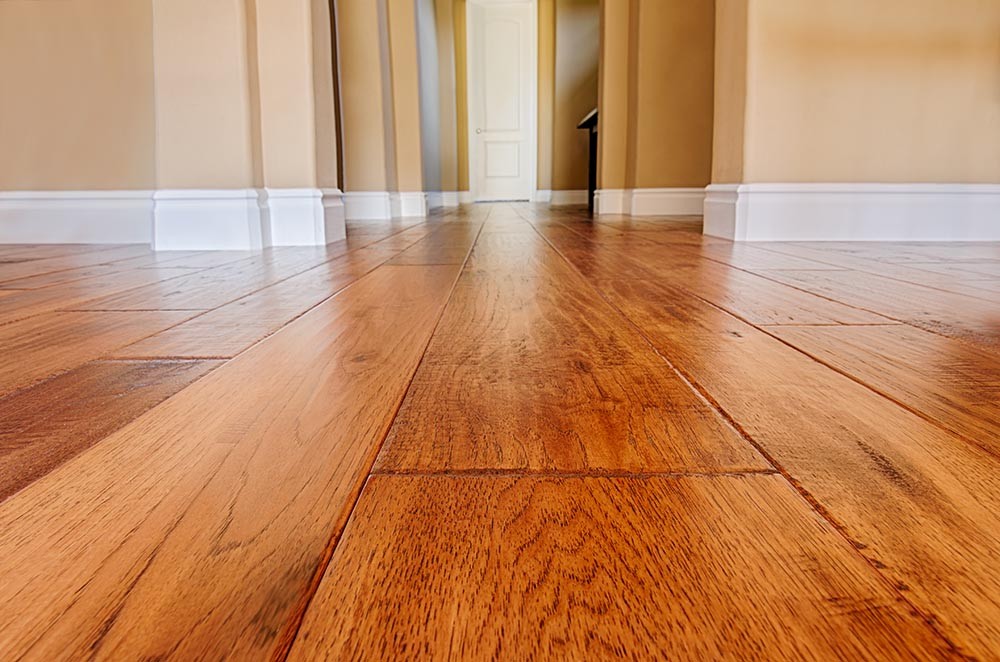It’s not terribly uncommon to have a slight slant in your floor. Most floors are somewhat uneven. But if there is a noticeable slope, this is a sign of problems. This is likely more common in an older home.
If you are looking to buy a home, it’s one of the things you should definitely take note of. It can mean a lot of work and problems down the road. If the floor slants quite badly, there will likely be cracks in the walls, as well.
What Do Uneven Floors in Your Home Mean?
Your floors can become uneven for a few different reasons, however, none of them are good.
Foundation Problems
An uneven floor is rarely the floor’s fault. It is most often something else. With your foundation, there could be any number of problems.
There may be cracks or parts crumbling away.
If you have windows in the basement, they can become too weak to sustain the weight of the house.
Uneven floors often mean uneven foundations. If the foundation is sinking on one side or unevenly, then that will affect everything else in the house, including the floors.
Damaged foundations can be big problems. They need to be checked right away.
Damaged Floor Joists
This is most often caused by excessive moisture. If there is any wood under the floor that gets wet, it can warp and rot fairly quickly. If the wood used was less than ideal, this will also be a problem.
Water, moisture, and humidity can all cause problems for certain types of materials. You don’t need to have pooling water or a flood to cause damage, the humidity can also take a toll on the wood.
House Settling
Settlement in a house is common, especially for houses built over soil that has not been compacted well. For old homes, settlement can be more pronounced. As the foundation sinks into the ground, it pulls down everything else, too.
If the house is fairly new and the settling is still happening, any work you have done to fix the floor will be temporary until the problem is fixed. If the foundation is moving, this could be due to poor drainage or the soil is too wet or compacted.
Support Walls or Posts Missing
If there were some renovations done to the home where any support walls or posts were removed, then your floor could slope or sag. Removing a load-bearing wall is actually quite common, but not always a great idea.
If it was done by someone without a proper inspection and permit, then there could be a real danger with the structure of the home. This can cause a lot of problems for the entire home.
Age of The House
An older house could quite possibly have sloping and slanted floors. A sagging floor is different and not likely caused by problems with your foundation.
If you are looking at a house that was built many years ago, then expect slanting floors. But if you are looking at a house that is only a few years old, a slanting floor is not good news.
Ask The Pros
If you are looking at a house to buy or are finding uneven floors in the home you live in now, you should always get an inspection. We can tell you if it is a foundation problem or something else that is causing your floors to slant.
Call us here at Olson Foundation Repair if you think there is a problem with your foundation and ask about our free estimate.

